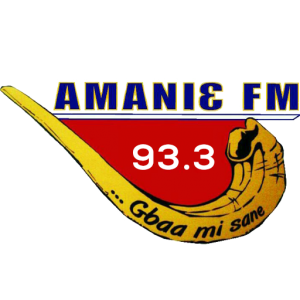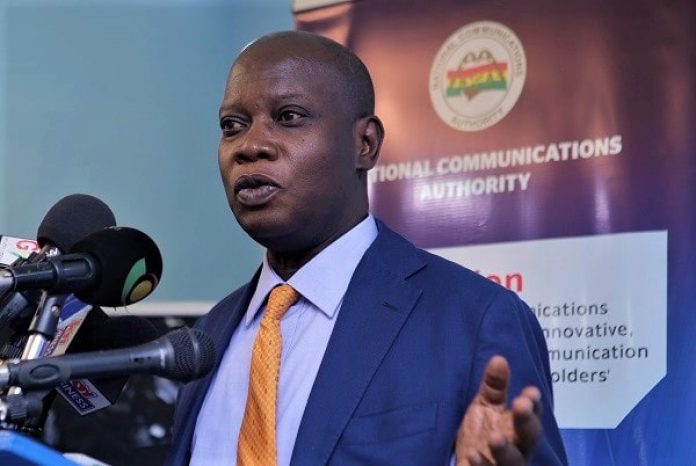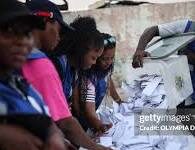The former Director-General of the National Communications Authority (NCA), Mathew Tetteh-Tevie, has confirmed that based on the contract signed with Infraloks Development Limited (IDL), it was the authority that was going to use the controversial Pegasus cyber surveillance equipment and not the National Security Council Secretariat (NSCS).
Opening his defence, Mr. Tetteh-Tevie told the court that the ‘end user’ or beneficiary of the equipment for which he and four others, including three former NCA board members are on trial, was the National Security and that the NCA as part of its social responsibly purchased the equipment for the NSCS.
However, during cross-examination by the Director of Public Prosecutions (DPP), Yvonne Atakora-Obuobisa, Mr. Tetteh-Tevie said that it was the NCA that was going to use the equipment per the contract.
According to him, the NCA and the NSCS are “sister organizations” and due to the technicality involved with the equipment, the NSCS did not have the personnel with the expertise to handle such equipment, a reason why the NCA did the purchase on their behalf.
Contract
The contract which was signed by Mr. Tetteh-Tevie on behalf of the NCA and signed by George Dereck Oppong on behalf of IDL on December 17, 2015, stated that the end-user was the NCA for cyber-surveillance on behalf of the Republic of Ghana
But the former NCA boss insisted that although the NCA was captured as the end user of the equipment, NCA was signing the contract on behalf of NSCS which is a sister organization.
The DPP then asked Mr. Tetteh-Tevie to tell the court to show in the contract where he, as then Director-General of the NCA, signed on behalf of NSCS as a sister company.
Mr. Tetteh-Tevie replied that the second page of the contract states that the purpose of the equipment’s end use is to be for “intelligence gathering”, saying there is only one institution in Ghana responsible for intelligence gathering and that is the NSCS.
He added that he had already explained the technical nature of the equipment and the need for NCA to support its implementation, hence the NCA signing on behalf of the NSCS “is not out of step.”
Procurement
The DPP also asked Mr. Tetteh-Tevie what procurement processes he, as then Director-General of NCA who signed the contract with IDL, had gone through before purchasing the equipment.
He told the court that the project was an institutional support the NCA was giving to the NSCS and because it was a social responsibility “the onus was on the NSCS to clear the item at the port and go through the procurement processes.”
The issue of the contract between the NCA and IDL for the purchase of the equipment which the prosecution says predates the request from the NSCS for financial support was also raised.
While the contract was signed in December 2015, the letter from the NSCS requesting financial support for the purchase of the equipment came in February 2016, according to the court documents in evidence.
Mr. Tetteh-Tevie said the process for the purchase of the equipment was already ongoing before he became NCA boss.
He added that the request letter which was dated February 24, 2016 was at the instance of the Director of Finance at the NCA, Dr. Isaac Yaw Ani, to effect the payment.
The DPP also challenged Mr. Tetteh-Tevie that the institutional support to the NSCS was not captured in the 2015 and 2016 budgets, as well as the 2016 supplementary budget of the NCA to support the NSCS with four million dollars.
Hearing continues on February 6, 2020.











